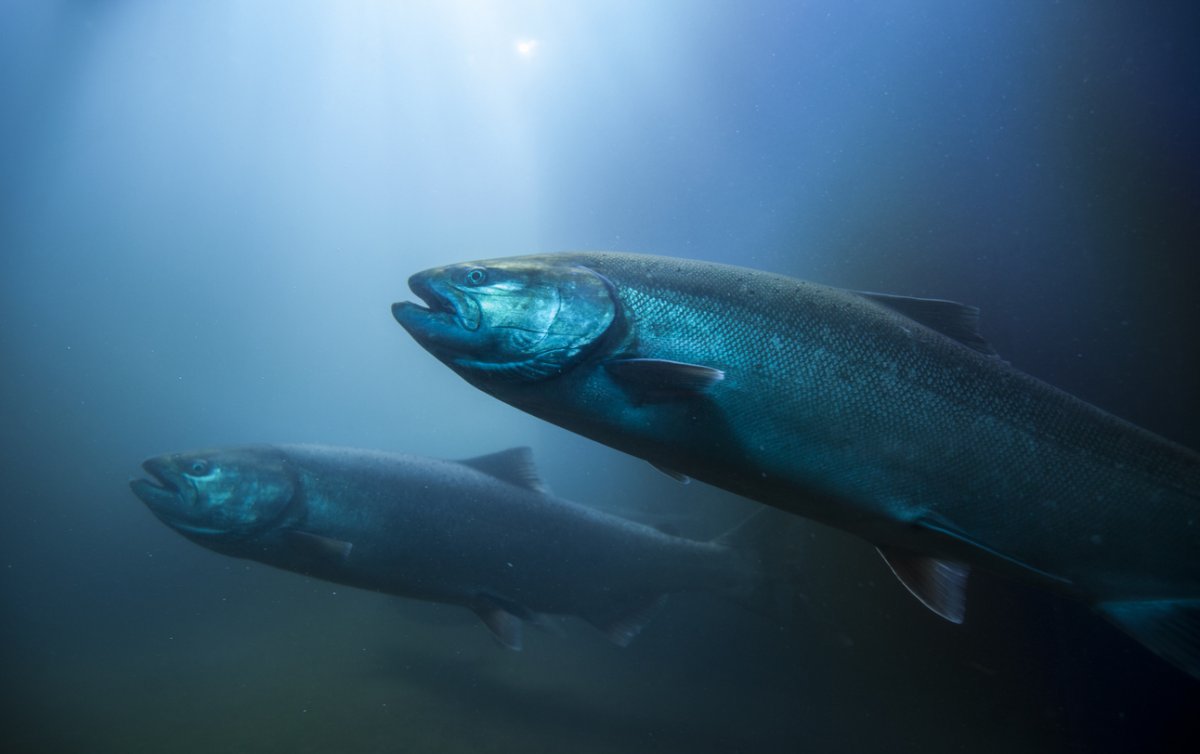We know fish has plenty of proteins and oils that are good for us, but is fish fertilizer good for our plants? Sometimes it’s hard to look beyond the marketing hype and figure out what counts when it comes to taking care of our gardens.
Don’t get me wrong. I’m not down on fertilizers. Some plants are heavy feeders, and no matter how much you compost and take care of your soil, sometimes a little extra something is a big help. For that matter, indoor gardens just don’t have the same access to nutrients that your outdoor plants have, so fertilizer can be a huge help there, too.
When it comes down to it, though, is one fertilizer that much better than another? And is fish fertilizer all that different? And what benefits does it offer?
Discover 7 top tips for growing, harvesting, and enjoying tomatoes from your home garden—when you access the FREE guide The Best Way to Grow Tomatoes, right now!
Find out what fish fertilizer can offer your foliage and fruits
First, what exactly is fish fertilizer? It goes by a few different names. One company refers to it as “sea-based ingredients.” You’ll also see it listed as fish emulsion, fish hydrolysate, and fish meal. Fish meal is usually a dry product that you mix into your soil. Fish emulsion and fish hydrolysate are usually liquid concentrates that you mix with water.
Though the processes are different, both are made from the byproducts of the fishing industry. They can also be highly nutritious for plants. Interestingly, the NPK numbers (nitrogen, phosphorus, and potassium) are usually much lower for fish fertilizers than for many chemical-based fertilizers. While this may seem like a deficit, the reality is that the nutrients are released more slowly, meaning it’s a lot harder to overfeed your plants and burn them.
Let’s get into the specifics, though. What are the benefits of fish fertilizer in comparison to other fertilizers or no fertilizer at all?
- Fish fertilizer is usually acceptable for organic gardens since many of them only contain fish products.
- The slow release of natural nutrients is good for your plants, but it’s also good for soil health.
- If you use a liquid fertilizer, one bottle of concentrate can go a long way, making it potentially a less expensive option.
- Some brands of fish fertilizer may also contain nutrients such as calcium, magnesium, and sulfur.
- You can use it as a foliar spray, meaning the plants can absorb the nutrients more directly through the leaves.
- Some sources suggest that fish fertilizer helps plants produce more sugars, resulting in tastier vegetables.
- It’s non-toxic, so you don’t have to worry about harming bees, butterflies, and other beneficial insects.
In addition to your tomatoes and other garden vegetables, you can also use fish fertilizer on your other plants. Indoor and potted plants love it. People love it, too! (No, do NOT use this on your family! I’m talking about reviews here.)
I took a quick skim through Amazon, and every single fish fertilizer has either 4 1/2 or 5 stars. That’s out of hundreds and thousands of reviews. The lowest rating I saw was 4 stars, and I only saw one of those. To be fair, I did also look at “plant fertilizer,” and the reviews were similar. Maybe people just really like fertilizer?
I suppose the point is that, like so many things in gardening, there is more than one correct answer. However, if you are searching for fertilizer, and you’d like to improve your soil while you feed your plants, fish fertilizer seems to be the big winner here. Or, if you really want to take the DIY approach, you could make your own fertilizer. It’s fun. I promise!
Have you used fish fertilizer? What kind of results did you get?
Discover 7 top tips for growing, harvesting, and enjoying tomatoes from your home garden—when you access the FREE guide The Best Way to Grow Tomatoes, right now!

10 replies on “7 Benefits of Fish Fertilizer for Tomatoes and Other Vegetables”
I use fish emulsion on my herbs and the result is more than fabulous. I had been told that herbs prefer this to chemical fertilizers and I am a believer!
I use fish fertilizer on my indoor and outdoor plants. The plants thrive and beer much fruit. I also have found more added success by adding fish/seaweed compost I buy at more local garden shop right before I plant. One tip I don’t use the same fish based fertilizer in the house as I do on the outside. I use one that has less of a stink.
What kind are you using inside? I’m currently using Alaska fish fertilizer indoors and whewwwwwwy is it stinky. But it’s just so good for my plants!
The first time I used fish fertilizer was early spring in my greenhouse. I gave everything a god dose of it then closed up the greenhouse for the day. The sun finally got over to that part of the yard and heated up the greenhouse. I went back in late afternoon and the fishy odor almost gagged me!. I open everything up to air out the place. Since then I’ve used the fertilizer sparingly. It’s still a very good fertilizer!
Fish waste+ brown suger (no water) mixed it .let it fermented for 30 day under anaerobic condition (air tight jar).
This makes my garden amazing.
what is the mixture with water.
Fish fertilizer mixes 2 oz to a gallon of water.
I put fish fertilizer and miracle grow on my garden we will see
Good morning Mr King what was your results when you fed your plants with both Fish fertilizer and Miracle Gro.??
You are truly an inspiration and have rekindled my once lost love of gardening!